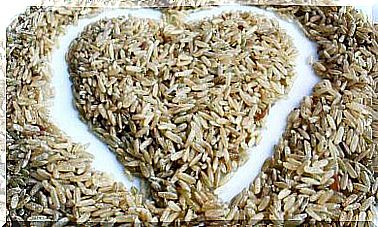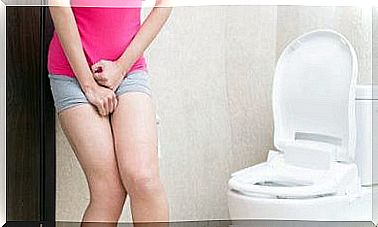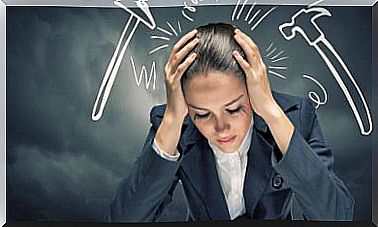10 Physical Signs Of Nervousness And Anxiety
Nervousness and anxiety are psychological disorders, but it should not be forgotten that these are very closely related to physical health and also express themselves through direct physical reactions.

Nervousness and fear are psychological disorders that arise as a premature and involuntary reaction to internal or external stimuli, for example through thoughts and certain situations in everyday life.
It is a series of physical and mental responses, most of which occur in dangerous or stressful situations, but sometimes can be traced back to hormone fluctuations.
Each person’s signs of nervousness and anxiety show up in different ways, depending on the underlying causes and the person’s ability to manage emotions.
Worryingly, many ignore the fact that they suffer from it and therefore fail to take the necessary measures to curb the physical effects.
For this reason, it is very important to be aware of the body’s signs and warnings, even if they are very general and may appear in other circumstances.
Then we’ll name the 10 most common physical signs to look out for before they become a problem. Read on to learn more about it.
1. Chest pain as a sign of nervousness and anxiety
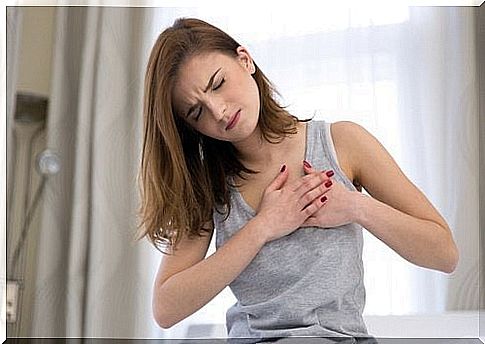
Chest pain is very common in patients with anxiety, mostly caused by muscular tension.
- Although these are sometimes so strong that they can be mistaken for a heart attack, they are usually only brief and do not lead to further complications.
2. Feeling of a lump in the throat and difficulty breathing
This is caused by a muscle contraction in the neck caused by fear, stress and nervousness.
- Anyone who feels that their throat is constricting and also has discomfort when swallowing food may be suffering from an emotional imbalance because it is a sign of anxiety and nervousness.
3. Excessive sweating
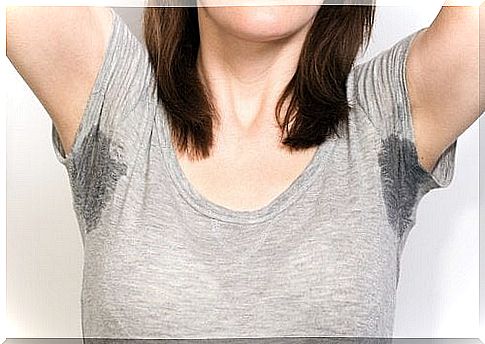
Excessive sweating is a normal body reaction that is necessary in order to regulate body temperature.
- If you are afraid and nervous, however, the activity of the sweat glands increases, resulting in increased sweating.
4. Pain in the shoulders and neck
Muscle tension occurs during the anxiety state, especially in sensitive areas such as the shoulders and neck.
Sometimes there is also an uncomfortable feeling of numbness on the face, which can last for several minutes.
5. Indigestion

The digestive system is closely related to the emotional state. If you are afraid or nervous, you may experience digestive problems.
- Poor digestion from too much stomach acid and constipation are common complaints for those with anxiety and nervousness.
6. Skin changes
Periods full of stress and anxiety often have a negative impact on appearance, as it can lead to significant skin changes, for example.
- Pimples, blemishes, or dry skin on the face are common signs that can indicate hormonal disorders.
- Most of these manifest themselves on the face, but they can also appear on the arms, on the back or on other parts of the body.
As soon as the fear and nervousness subside, the complexion improves again.
7. Tingling sensation
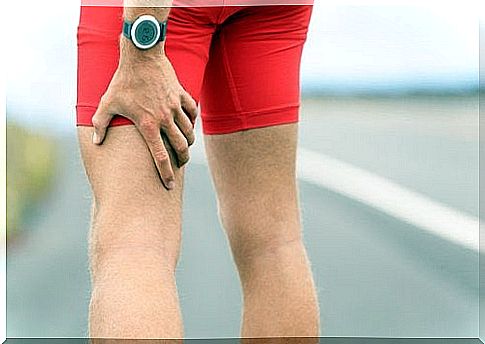
The feeling of weakness and tingling in the joints is a response of the body to combat stressful and anxious situations.
- This is due to the accumulation of carbon dioxide in the blood in the extremities, and it comes from a poorer oxygen supply.
8. Insomnia
Insomnia and other sleep disorders are also common consequences of anxiety and nervousness.
Problems falling or staying asleep can very often be traced back to emotional complaints.
Over time, other physical and mental reactions can arise that affect the quality of life.
9. Eye pain
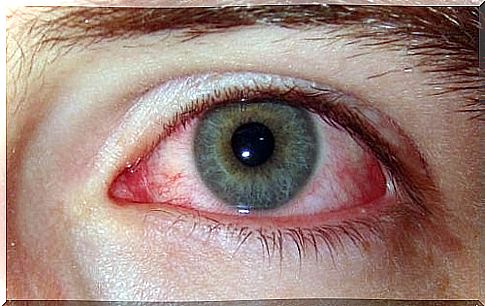
During the anxiety state, body fluids are reduced or transported to other body tissues that need them.
- This will reduce the natural lubricant in the eyes, which can lead to redness, irritation, and dryness.
10. Migraines
Severe headaches and migraines can also be related to longer periods of anxiety.
- Tension and circulatory disorders that result from this are mostly responsible for these signs.
Did you identify these signs in yourself? If the answer is positive, you should take steps to control your emotions.
Learn relaxation techniques and also pay attention to a healthy diet. If the problem persists, you should see a doctor who can help you.

